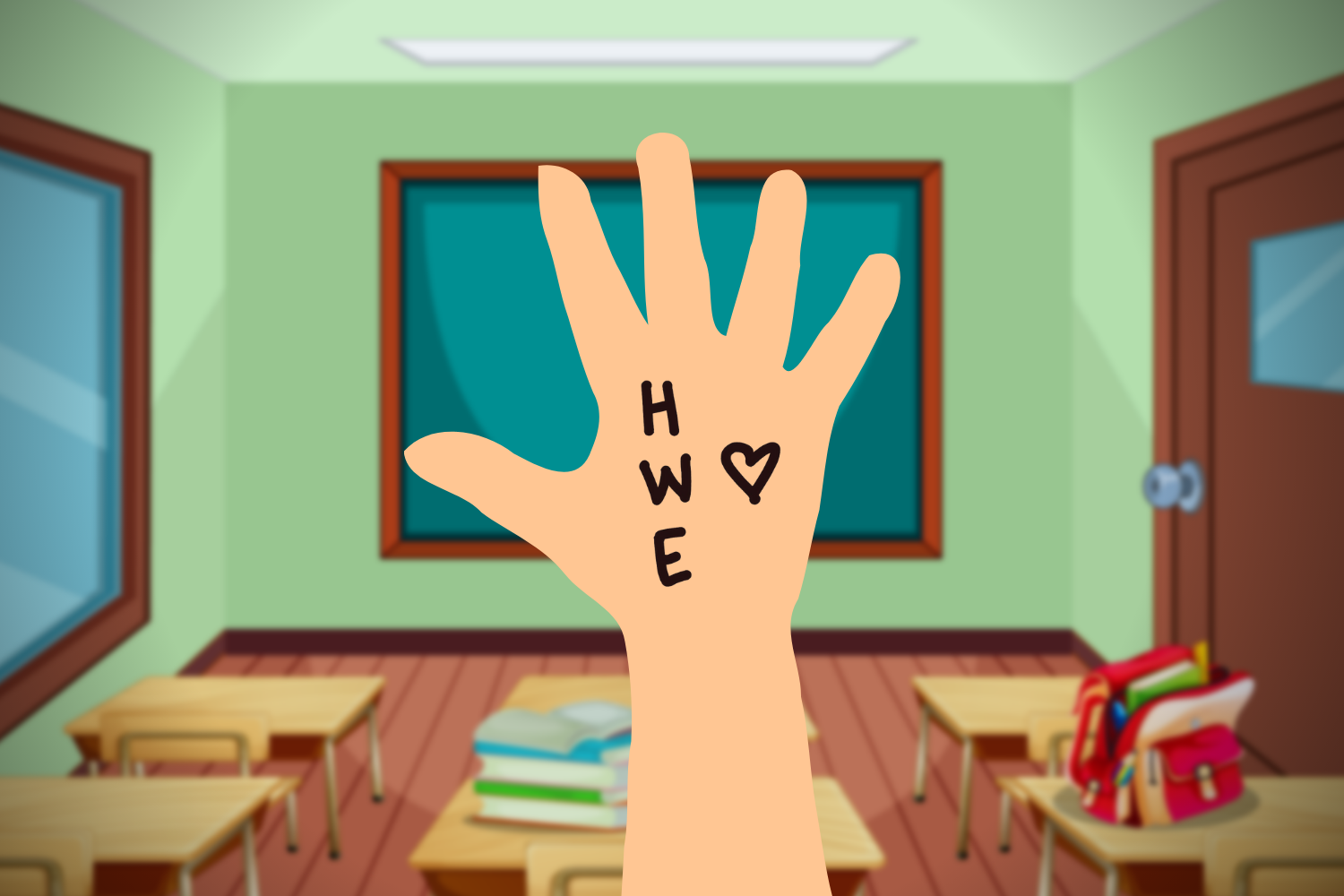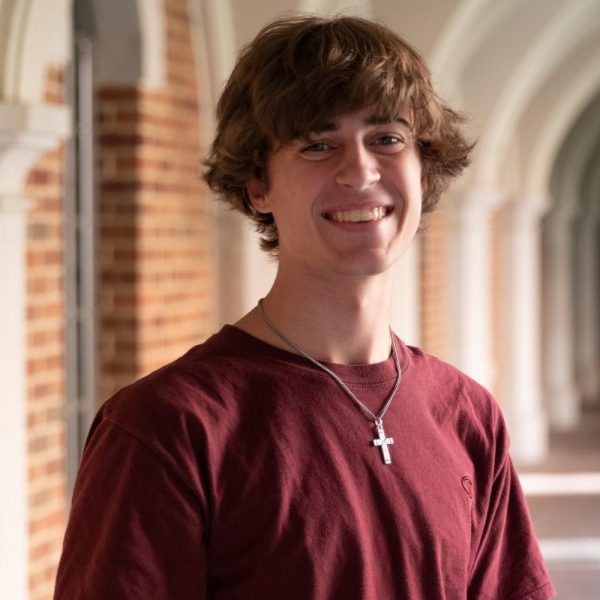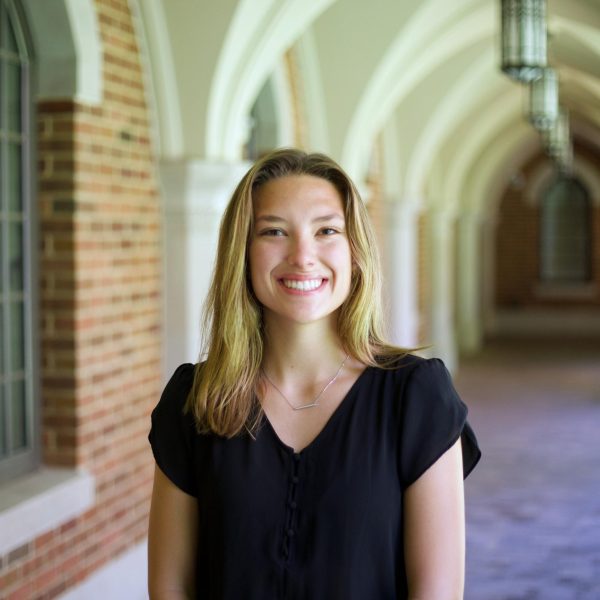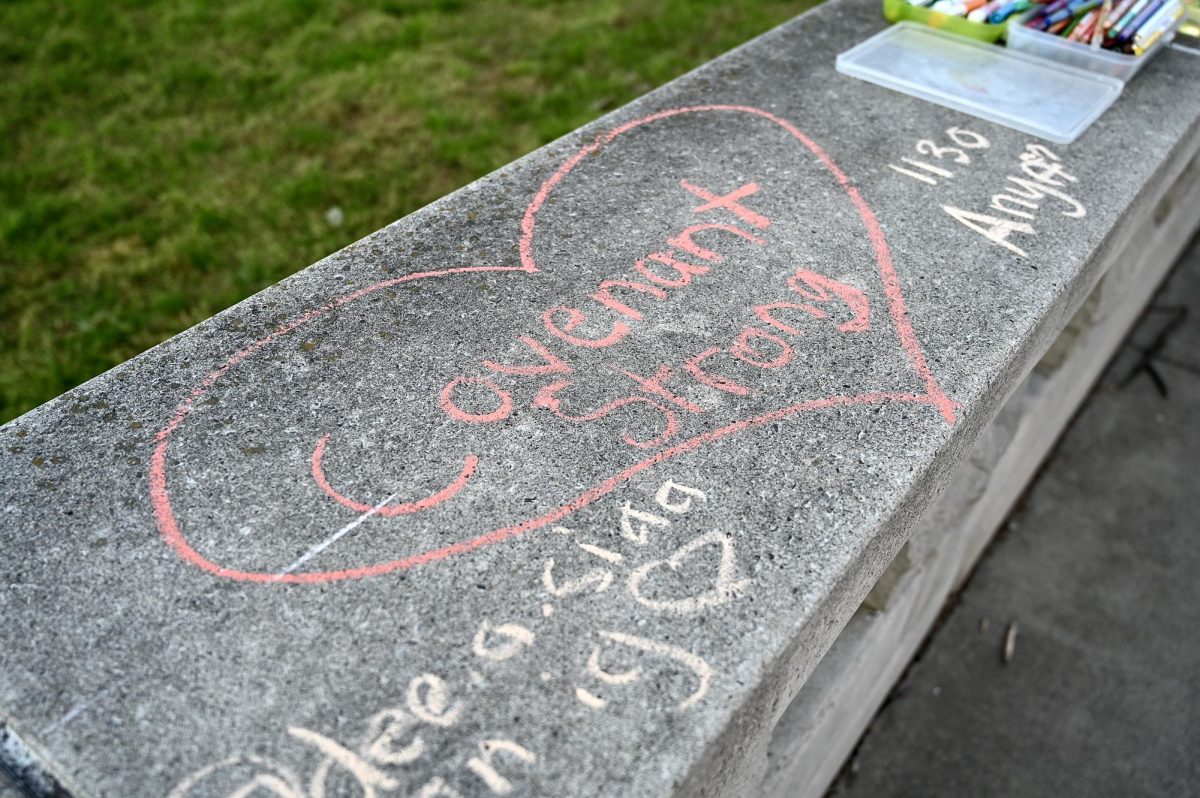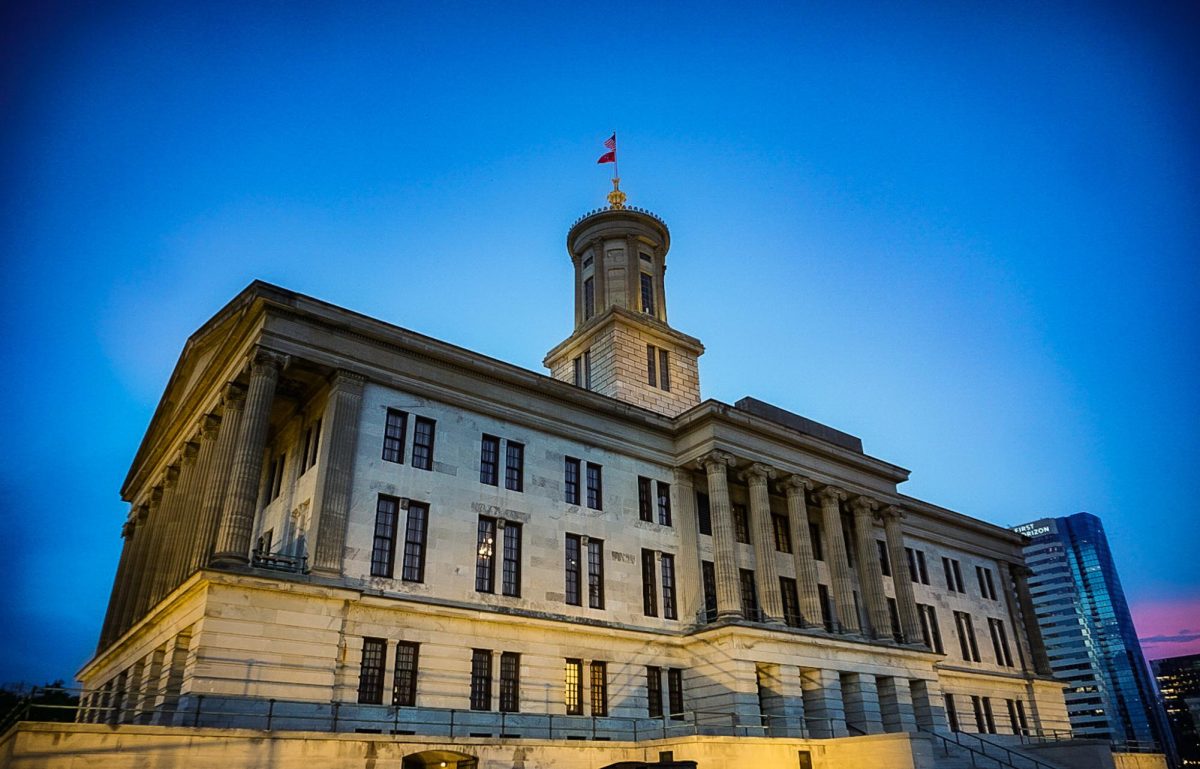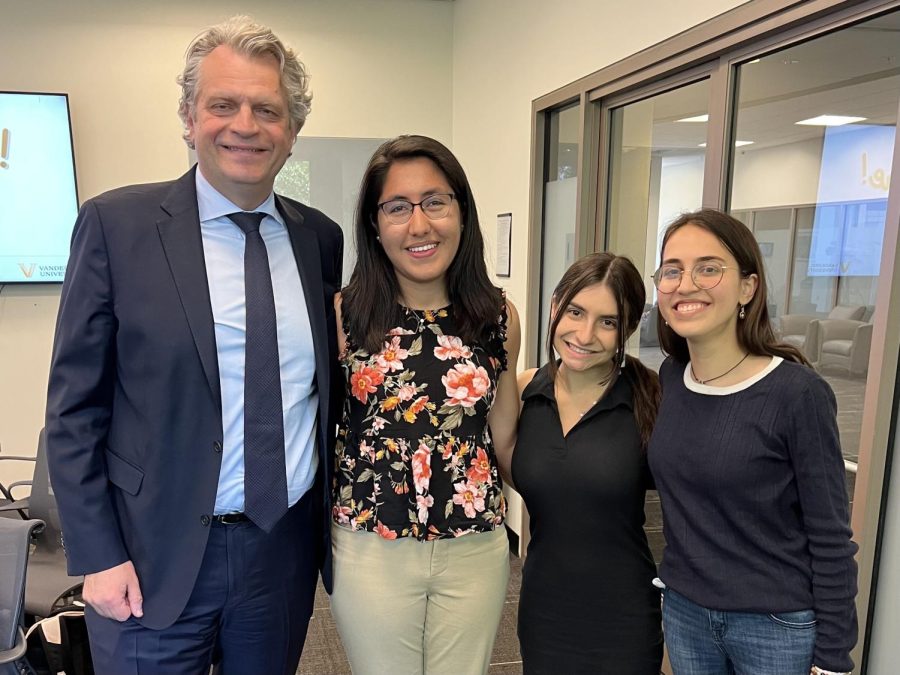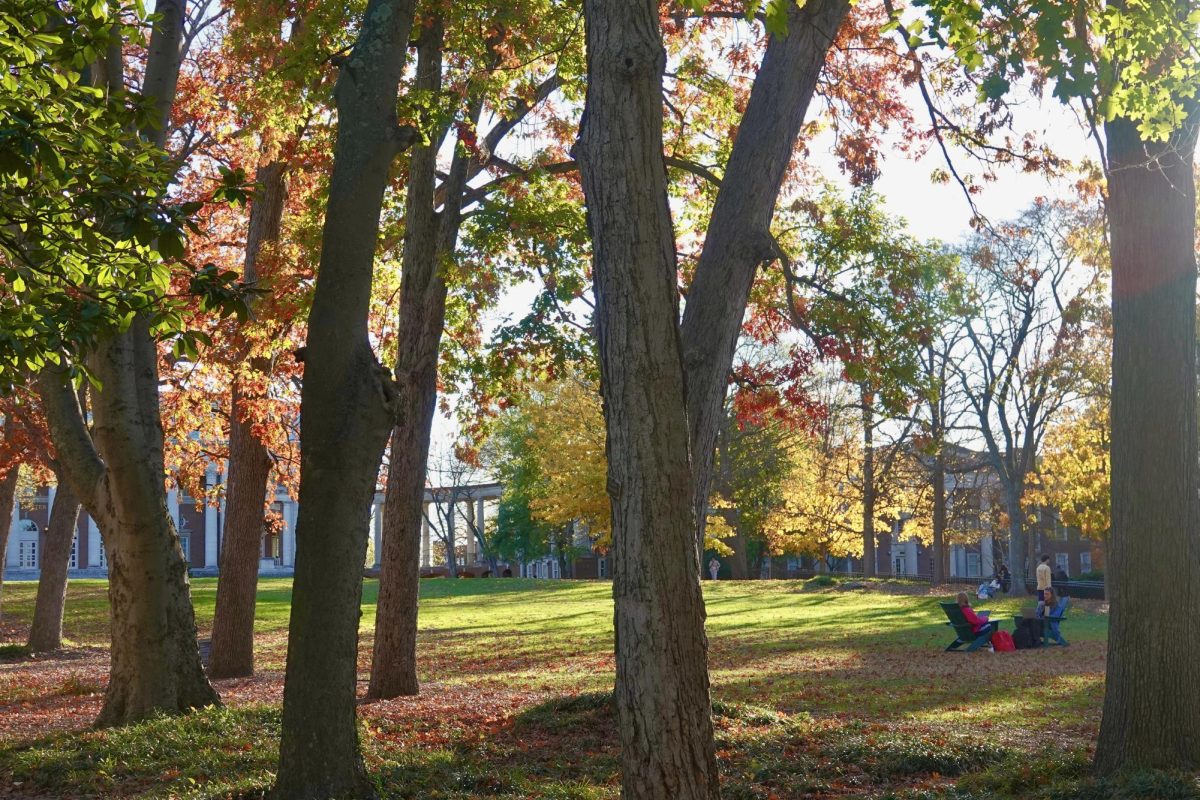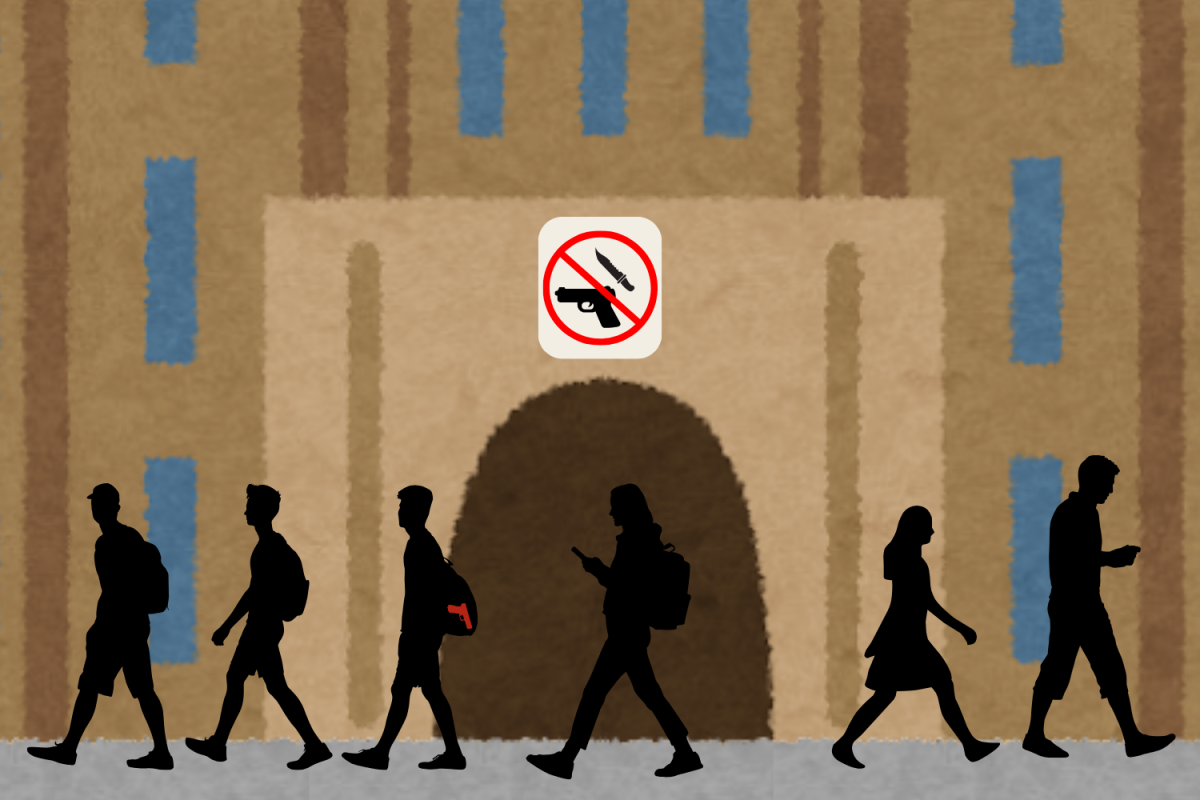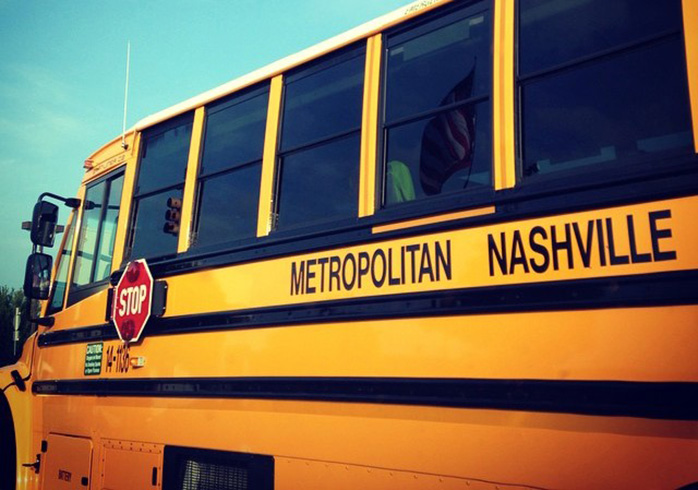A few months ago, I wrote a piece about the effects of local school shootings on teachers and communities that are desperate to feel safe in schools. I wrote as a future educator, a student, a son and a sibling. Only 20-something days later, the unthinkable happened. The sound of blaring sirens racing from VUMC to The Covenant School down the street — will be forever seared in my mind. I remember the thousands of students who showed up in droves at the Tennessee State Capitol for days and days. I remember nights of crying, numbness and anger. I remember emotions that I felt so deeply, yet could not describe with any adjectives I knew.
Then, just like that, the school year ended. I was off to Tampa, Fla., to teach middle school students science over the summer. I wasn’t prepared. How could I be? The very thought of being in front of students scared me. Being in a classroom — once crowned as my safe space — felt anything but safe.
I couldn’t stop thinking about finding myself in a terrifying situation with my own students. After watching a tragedy hit so close to home in Nashville, I knew it could happen to anyone. And it did. After making many frantic phone calls to my friends and family in Chapel Hill, N.C., I can’t think about gun violence without being consumed with horror. I often feel like I’m in this spiral — where shootings keep happening closer and closer to me — while I’m waiting in fearful agony for that spiral to lead to its gross and ugly center. This spiral has ripped my heart in too many directions, and Chapel Hill was yet another heartbreak to swallow. It was this environment, this climate of fear that kept me from feeling completely myself while doing the summer job that was supposed to be my passion — my purpose.
As the first week of teaching rolled on, I slowly began to open back up. The numbness I had felt for months was replaced with pure love for the kids in my classroom who deserved everything I could give them and more. The horrific images of the children who lost their lives at Covenant were slowly fading; instead, I could focus on the smiling, eager kids sitting in my classroom. My summer students who deserve the world became bubbling memories that slowly thawed my hurting heart.
And yet, one night that same week, I found myself again in a fit of tears when I should’ve been happy that the anger was slowly fading away. Finally, time was doing its work, healing my depression and grief after months of agony. However, that very feeling of “moving past it” had me crying on a Thursday night. What if I forgot them? Hallie. Evelyn. William. Cynthia. Mike. Katherine. What if I let time smooth over these wounds and close them for good? What if everything becomes normal again and I forget how I felt when sirens blared and students marched? How disrespectful am I to try and heal when there are families still and forever suffering?
Away from Vanderbilt, the pervasive speed of college life — racing fast and faster still — wasn’t a problem anymore, letting me process my sharp, hurting thoughts and feelings. I was able to start to understand how and why I felt the way I did after such a traumatic experience that close to home. But the guilt remained.
The classroom in which I used to feel so unsafe and afraid started to heal me, and I didn’t want it to.
In many ways, Vanderbilt has not provided the opportunity to sit in these moments. Was that why I felt so uncomfortable when I finally got a moment to myself? Was that why it felt so wrong to start to heal, because my “normal” is a constant worry about the next assignment, exam, responsibility and not taking care of myself? Why would we take care of ourselves, when our future beyond Vanderbilt always seems to hang in the balance?
It felt so wrong to try to move on, to try to heal — and Vanderbilt shoulders the blame for some of that discomfort.
I have always looked at being a part of Peabody College as a privilege. I cherish the ability to learn from a Vanderbilt institution that is highly respected not just in this country, but also around the world. Leaders of this university must know the fear its future graduates — teachers and scholars — feel about joining the frontlines of a gun violence crisis. It must know that if we don’t begin to take care of this teaching cohort in thoughtful ways, it may lose them.
When the shooting happened at the Covenant School, where was our moment to breathe? Where was our time to process? Classes marched on, and no days off were given. While days off aren’t the norm, Vanderbilt could have set a golden standard for others to follow by supporting their grieving students. I sat in my room and tried to deal with the pain, but assignments were due. I struggled to explain to professors outside of Peabody College that, while not every student was asking for support, I desperately needed it. In the immediate wake of the shooting, I could not attend the few support meetings offered by Vanderbilt to cope with the pain, as my other commitments and classes demanded my time. I could not attend the vigil downtown to mourn and grieve with my community because there was no extension to be given on an exam. I took it the next morning.
Even while ambulances pulled into VUMC right around the corner, most people walked around campus unaware of what happened mere blocks from them. And who can blame them? Chancellor Daniel Diermeier’s first message to the community was posted on X (formerly known as Twitter) four hours after the unfolding tragedy down the street. An email wasn’t sent to the student body about the shooting until eight hours after shots were fired. Too little, too late.
If Vanderbilt wants to know what message I desire as a current student and future educator, let them hear this. As a leading institution in our state and country, Vanderbilt administrators have a moral, civic and academic responsibility to push our legislatures to do something about gun violence. Not just push, demand. Their future teachers are next.
They must stand up for those who have earned them the top rankings plastered across brochures. There is no greater message of protection and reassurance than to fight for your future cohort of educators, to combat our overwhelming fears and to support our collective security. This crisis is beyond sending us the same number to call the UCC for help, this is about enacting real change that makes our classrooms — and teachers like me — safe.
I marched down to the Tennessee State Capitol after the Covenant School shooting to plead with our lawmakers to do something. Nearly six months later, they still haven’t. Vanderbilt should have the same desire as the hundreds — many of whom are their own students — who showed up at the Capitol to plead: no one else should have to die. The institution’s voice should amplify the students it serves, not bury it in homework stained with tears.
As I drafted this piece, I made calls and sent texts to my friends and family in Chapel Hill. A sickening and growing number of us are all waiting in fear and darkness for the people in power to answer the call and create meaningful, life-saving change. If Vanderbilt wants to advertise itself as a leading educational institution, I beg them to start leading.
This summer, the classroom became my sanctuary for healing, but it is still far from being a safe space. The memories of these kids, the horror and the aftermath will never be forgotten, but hopefully the pain can become easier to manage. These wounds will heal with time, but I won’t ever let these scars fade.



